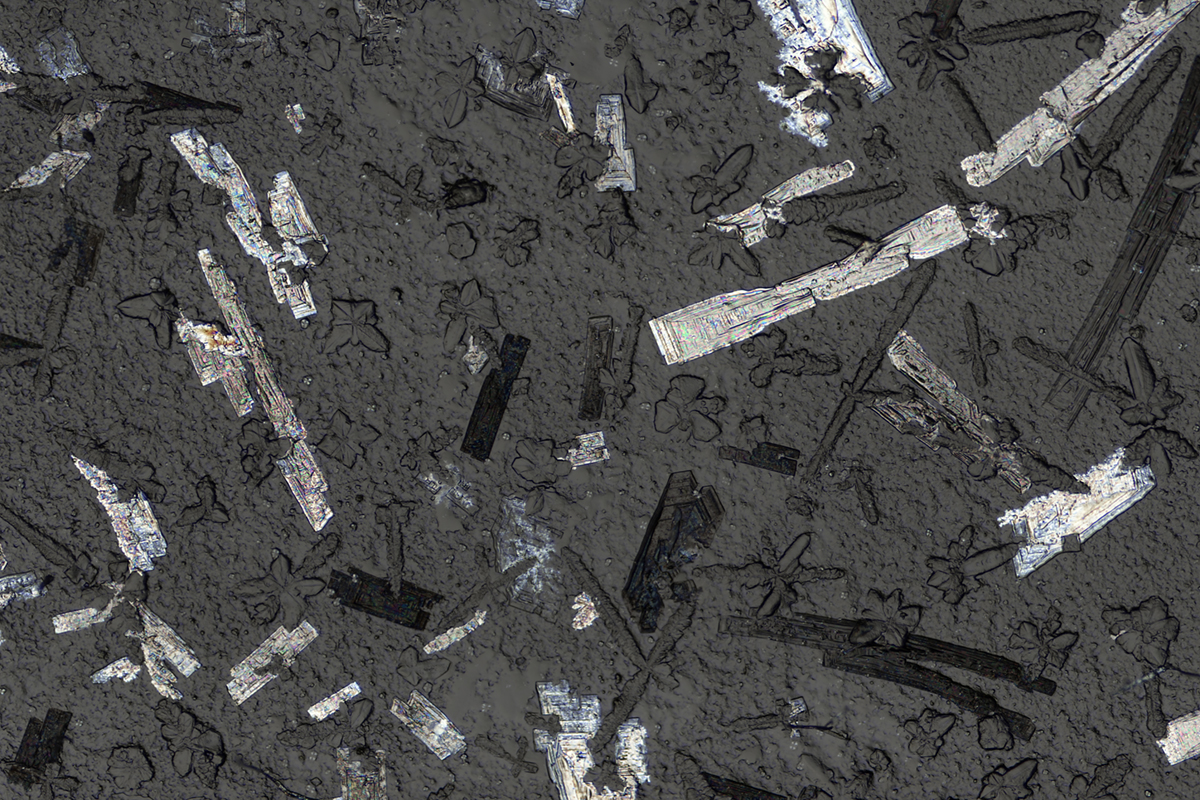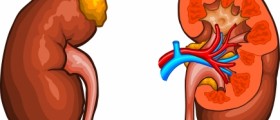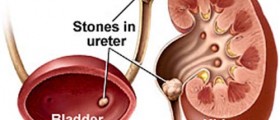
The kidneys are paired organs with a couple of functions. They are vital constituents of the urinary system, but they also regulate the levels of electrolytes, maintain acid-base balance and regulate the blood pressure. Kidneys are responsible for the re-absorption of water, glucose, and amino acids. One of the primary functions of kidneys is to filter the blood and remove waste materials, which are delivered to the urinary bladder. Kidneys are producing urine to excrete waste such as urea and ammonium. Urine contains hundreds of different body wastes. The color and composition of urine depend on what one eats, drinks, how much you exercise one has, and how well his or her kidneys work.
Crystals in urine
A urine test checks different components of urine, a waste product made by the kidneys. Sometimes, urine tests can give information about the presence of crystals in urine. Test results of healthy individuals normally show only a few crystals in the urine. Great number of crystals, or certain types of crystals, indicates health problems with the urine system. Most commonly, the crystals indicate presence of the kidney stones or other metabolic problems.
Causes of Crystals in Urine
One of the major causes of crystals in urine is the dehydration, and when that happens the augmentation of concentration, beyond the supersaturation capacity, occurs as a result of a decreased dilution. This normally happens in cases of insufficient water intake but it may also occur because of the high elimination.
PH changes in the urine may sometimes cause formation of the crystals. The pH is a measure of how acidic or alkaline (basic) the urine is. A urine pH of 4 are strongly acidic, 7 is neutral, and 9 are strongly alkaline. When urine is alkaline, generally it indicates the presence of calcium phosphate crystals.
Urinary tract infections may also cause crystals in the urine. When bacterium attacks the urinary tract, there is an increase of Ph levels of urine making the environment more acidic and promoting the formation of crystals.
Urolithiasis is another disease characterized by great number of crystals in the urine. This disease affects bladder and refers to the formation of bladder stones. The stones are extremely small in size and the disease can often be diagnosed only by the urine test results that show excessive amounts of crystals in the urinary tract.
A protein rich diet may also be the cause of crystals in urine. A diet high in protein may lead to kidney stones because extra protein causes calcium to be excreted from the body, raising calcium levels in the urine.

















Your thoughts on this
Loading...